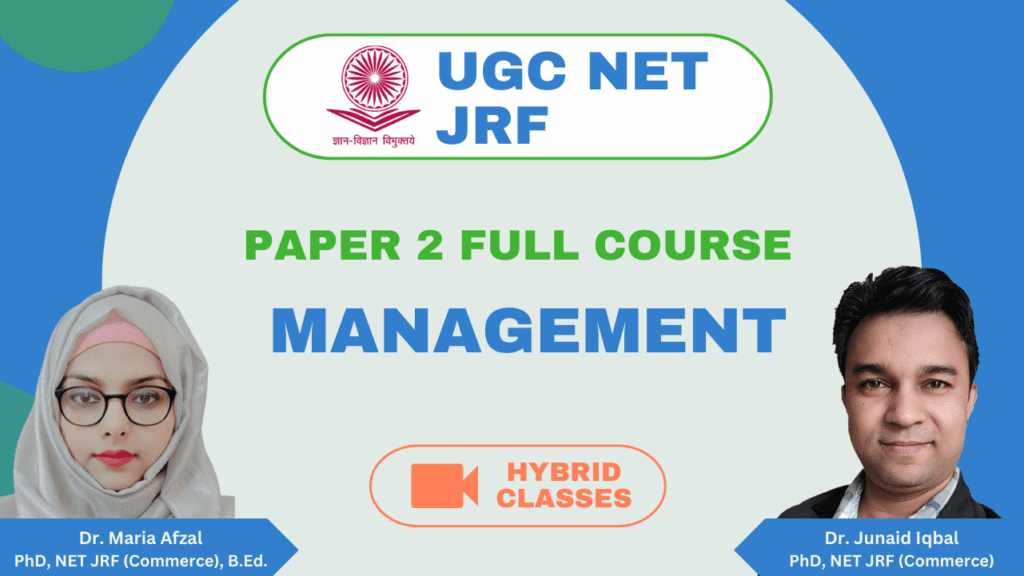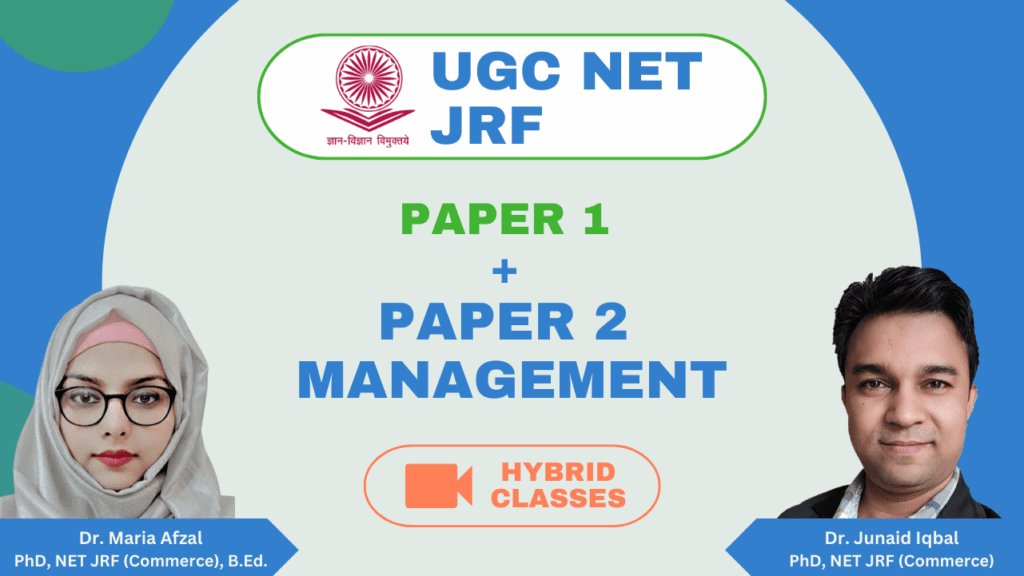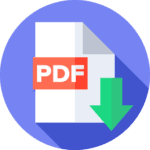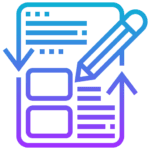UGC NET Management & Paper 1 Course
Videos | E-Book | Practice Materials | Language – Bilingual
500+
Video Lessons
450+
PDF Notes
6000+
Practice MCQs

Why Choose Online Classes?
Online classes offer the benefits of affordability, flexibility in terms of timing and location, and the ability to study at your own pace, which can be convenient for students with busy schedules or other commitments.
Ucademic Institute Advantages?
We offer the flexibility of on-demand learning through video lessons, while live sessions provide personalized guidance and interaction with experienced faculty. The Advantages are:
Choose UGC NET Management COURSES

UGC NET Management – 3 Months
Validity – 90 Days
Use ‘PreLaunch23’ for 60% Discount
₹ 9,599
₹ 23,999

UGC NET Management – 6 Months
Validity – 180 Days
Use ‘PreLaunch23’ for 60% Discount
₹ 11,999
₹ 29,999

Paper 1 + UGC NET Management – 3 Months
Validity – 90 Days
Use ‘PreLaunch23’ for 60% Discount
₹ 11,879
₹ 29,699

Paper 1 + UGC NET Management – 6 Months
Validity – 180 Days
Use ‘PreLaunch23’ for 60% Discount
₹ 15,199
₹ 37,999

UGC NET Management Mock Test
Validity – 3 Months
Use ‘PreLaunch23’ for 60% Discount
₹ 799
₹ 1,999
What We Cover for UGC NET Management?
Trusted by Students




Contact Us
At Ucademic Institute, we are dedicated to turning dreams into reality. If you require our assistance in achieving your goals, please don’t hesitate to get in touch with us:
Call us: 8802676737
Email: info@ucademic.in






